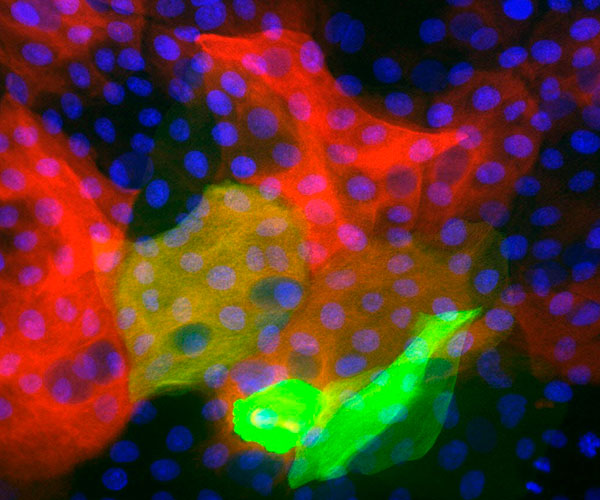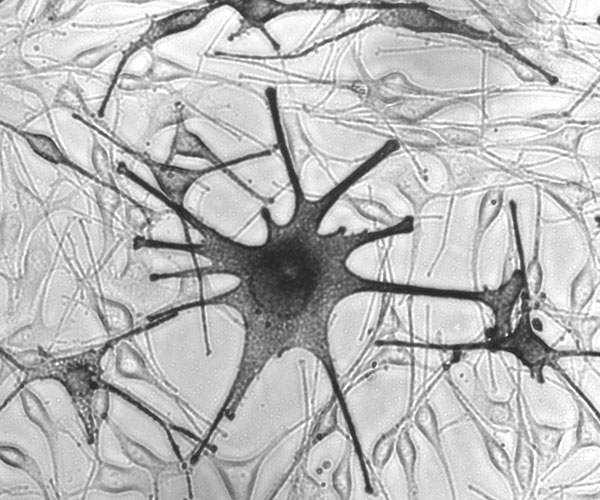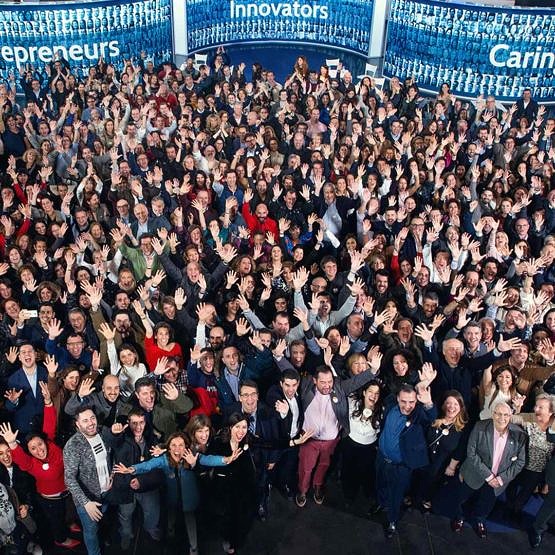Cantabria Labs and the Valdecilla Health Research Institute (IDIVAL) sign a new collaboration agreement
- The Spanish pharmaceutical company has signed a collaboration agreement with the IDIVAL Cell Cycle, Stem Cell and Cancer Research Group to conduct a trial that will explore the protection mechanisms of Cantabria Labs’ technologies.
Cantabria Labs is renewing its support and commitment to open innovation by signing a collaboration agreement with IDIVAL to conduct research into natural extracts that protect skin from stress-induced ageing. Scientific evidence confirms the powerful antiageing activity of Cantabria Labs-developed technologies.

Photo: Grupo Alberto Gandarillas
The preclinical research project subsidised by the Government of Cantabria as part of the 2021 Knowledge Transfer Promotion and spearheaded by scientist and IDIVAL researcher Dr Alberto Gandarillas is investigating the antiageing activity of Cantabria Labs’ technologies in in vitro human skin-cell models.
The trial is divided into three phases: a preliminary phase studying telomere shortening using confocal microscopy techniques; a second phase analysing markers related to cell senescence and differentiation; and a third phase that examines cell stress response markers and cell cycle, analysing DNA damage and repair activity.

Photo: Grupo Alberto Gandarillas
The project is planned to last throughout 2022 but could be extended based on results.
“We expect to have a report by the end of the year that brings together all the study data and will enable us to identify the action mechanism which explain the antiageing activity of the molecules,” said Azahara Rodríguez Luna from the Innovation Scientific Research Department at Cantabria Labs, the project’s head investigator for the company.
Cantabria Labs’ ongoing partnership with the Marquis of Valdecilla Health Research Institute (IDIVAL) has given it access to expert teams in the area of ageing and the possibility of conducting the experiment.
“These types of agreements are an example of how in order to provide benefits to society, there must be knowledge generation, and strong support is needed from both public and private institutions. It’s two-way interaction of interest to both parties,” Dr Gandarillas said.




































